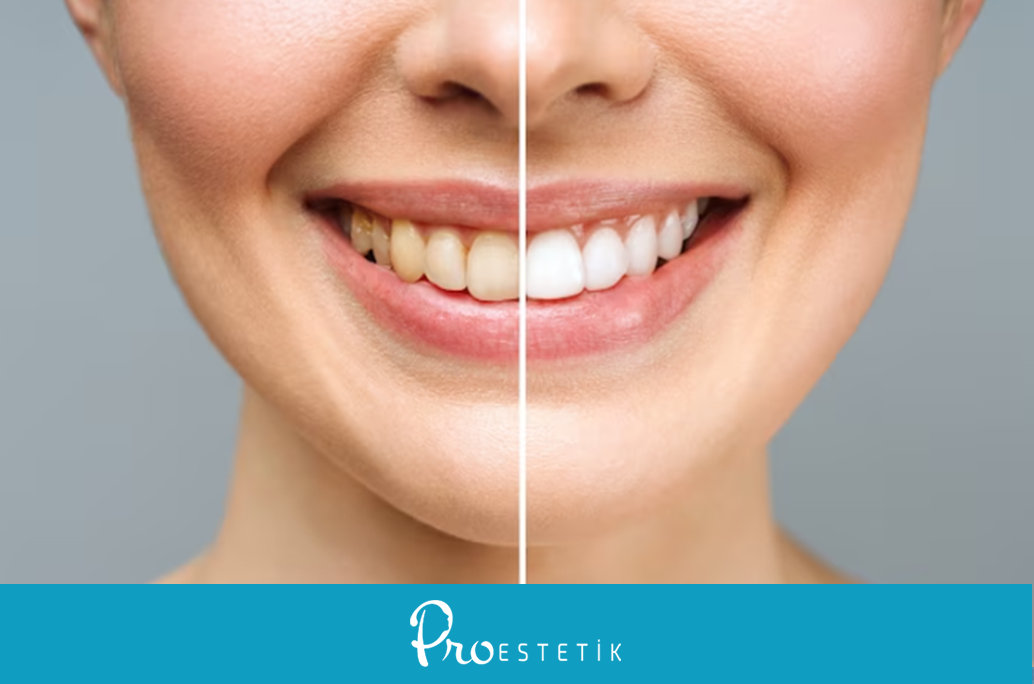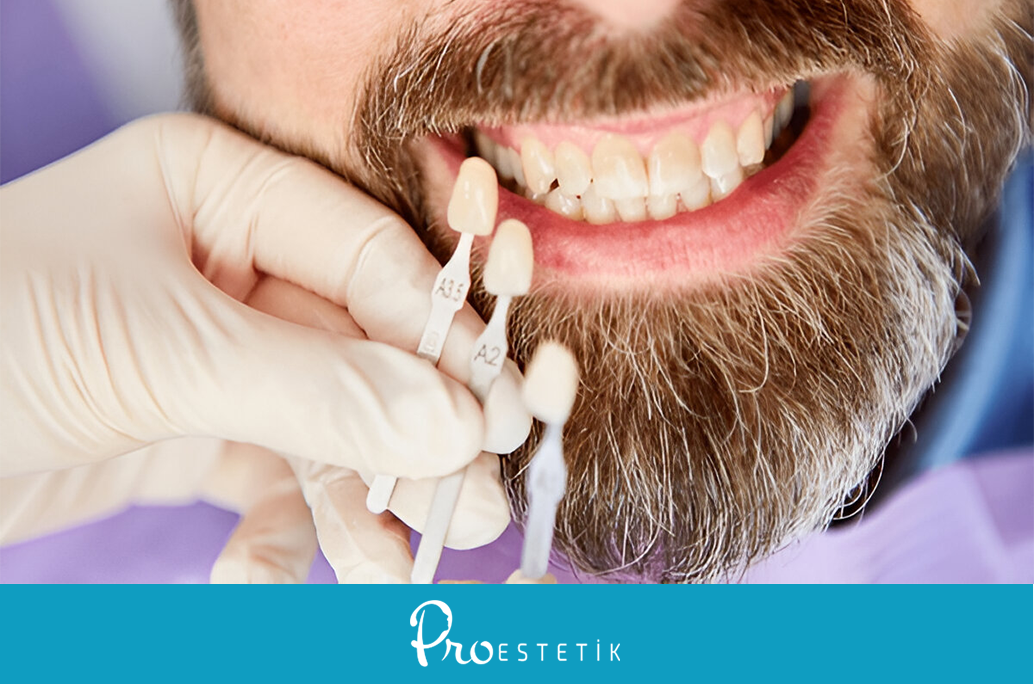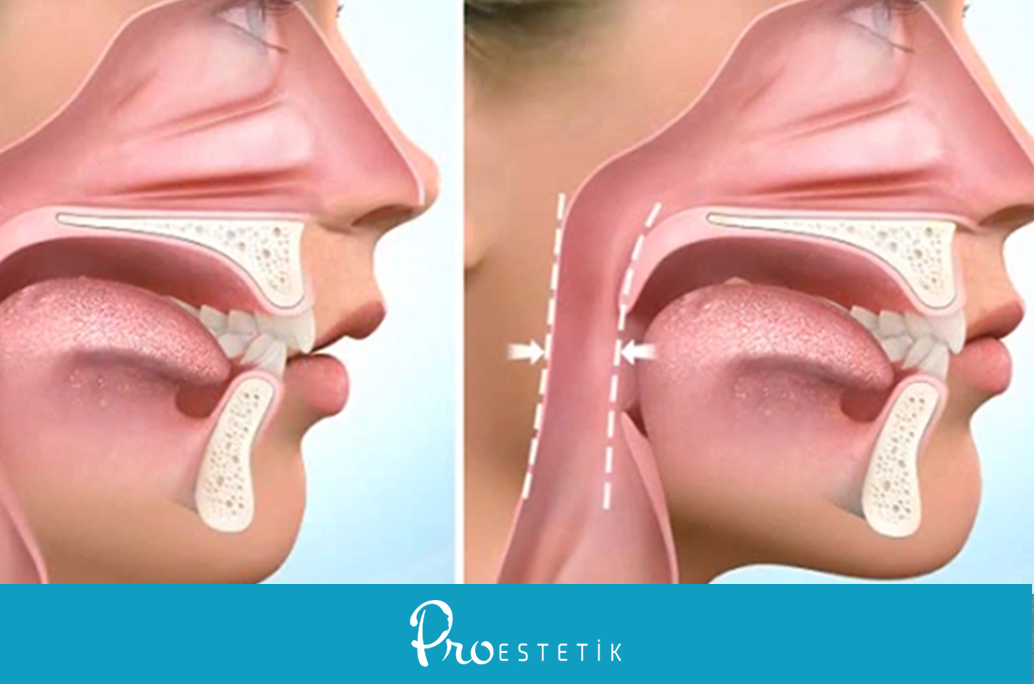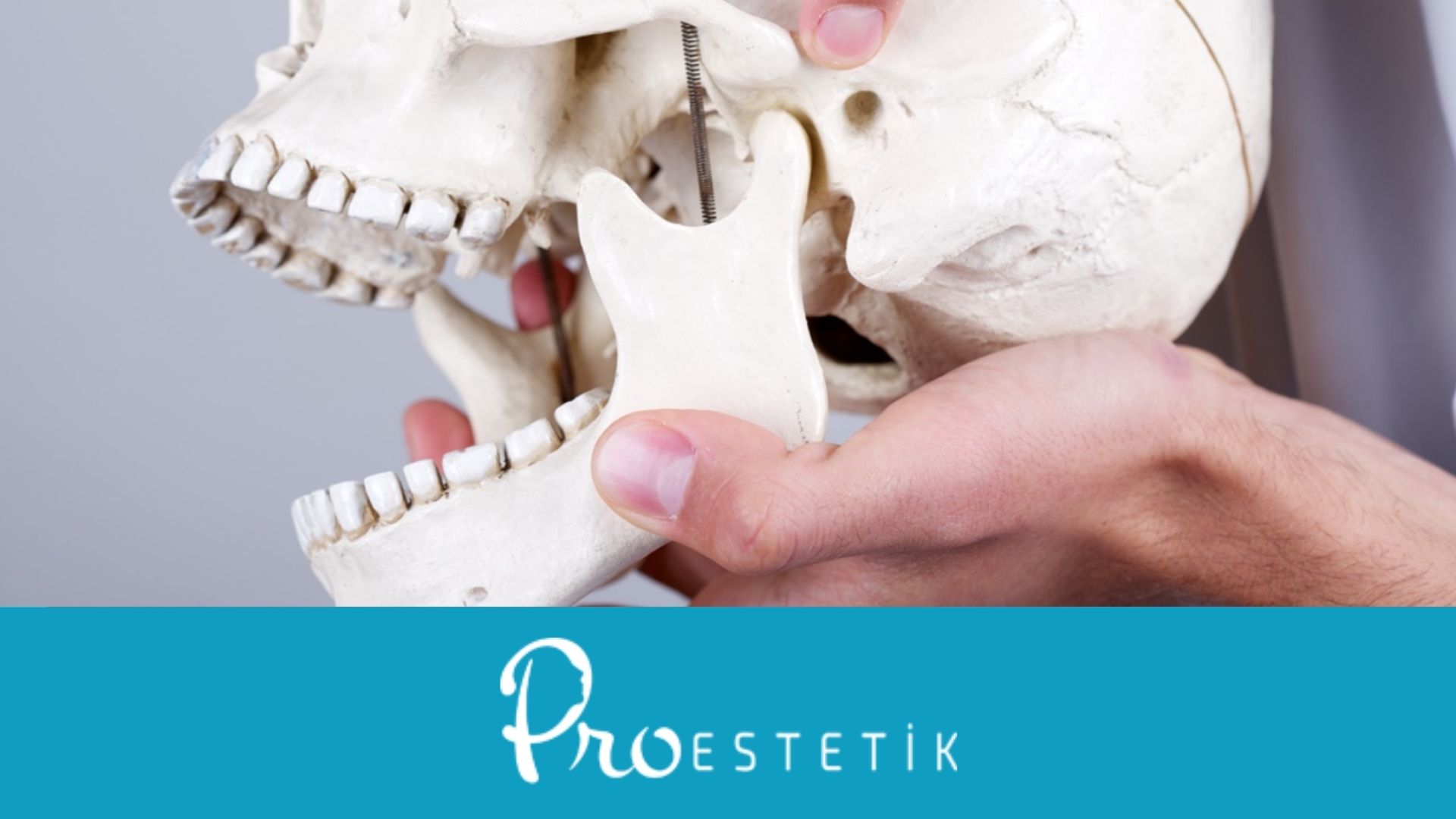Teeth grinding, also known as bruxism, is an unconscious jaw movement that often occurs during sleep. The causes of teeth grinding can be attributed to sleep problems, stress, and genetic factors. Let's delve into the reasons for teeth grinding and explore treatment methods in detail.
Causes of Teeth Grinding:

Teeth grinding, as mentioned in our main heading, is a health issue that can decrease the quality of life for individuals. Grinding the teeth is more commonly encountered during sleep. People tend to clench their teeth while sleeping, resulting in a grinding sound.
The causes of teeth grinding can be listed as follows:
- Stress
- Anxiety and worry
- Increased psychological distress
- Genetic issues inherited from the family
- Sleep disorders
- Sleep apnea
- Restless leg syndrome
- Medications
- Dental problems
- Incorrect eating habits
- Flawed chewing or improperly done fillings
Teeth grinding and clenching are often noticed by those around the individual. Additionally, this problem manifests itself as jaw and headaches. It is advisable to promptly consult a dentist if you notice this condition.
Teeth grinding can also occur in young children. However, since children may not be aware of this condition, it is essential for parents to check them during the night. If any issues are noticed, taking them to a dentist for examination is crucial.
The habit of teeth grinding and clenching tends to escalate over the years. As a result, it can lead to changes in jaw structure, damage to teeth, and eventually unbearable pain.
These are the reasons for teeth grinding. Now, let's discuss how teeth grinding can be treated.
Treatment Methods for Teeth Grinding:
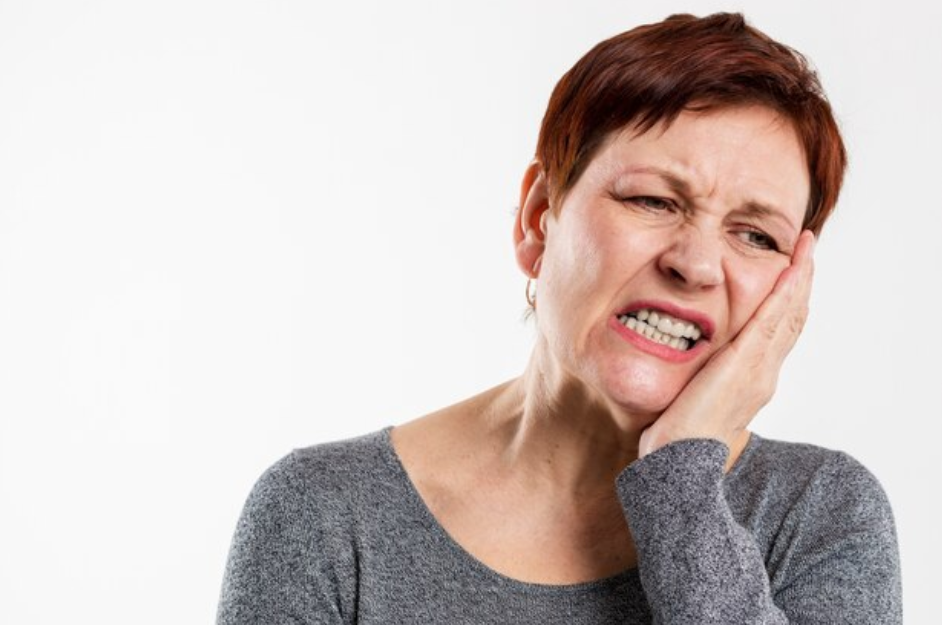
Understanding the reasons for teeth grinding is crucial for finding a solution to this problem. By eliminating these causes from your life, you can address the issue. Additionally, various treatment methods are available.
Here are the most commonly applied teeth grinding treatment methods:
- Making Minor Changes in Daily Life: To prevent the damage caused by teeth grinding, it is essential to first make an appointment with a dentist for treatment. Following that, distancing yourself from bad habits is necessary.
Reducing stress and avoiding products such as alcohol and caffeine can help alleviate the severity of the problem.
- Using a Mandibular Device: There are different treatment types for teeth grinding, and one of them is the mandibular advancement device. This device aims to bring the lower jaw forward by a few millimeters during sleep. It helps open the airway and free the back of the tongue, promoting easier breathing and preventing teeth clenching.
People experiencing jaw issues can use this device, and it can also be utilized in cases of snoring and sleep apnea.
- Using a Dental Splint: A dental splint is another treatment method to prevent teeth grinding. It is also known as a night guard, and it should be worn in the mouth overnight. This helps prevent damage to the teeth caused by grinding.
- Botox Treatment for Teeth Grinding: Botox treatment is administered when the jaw muscles are excessively tightened and hardened due to teeth grinding. Botox inhibits the release of acetylcholine, a neurotransmitter responsible for muscle contraction, at the neuromuscular junction. By injecting Botox into specific muscles, they are temporarily relaxed.
Botox treatment reduces the square appearance that occurs in the jaw due to muscle tightness. It also alleviates pain by relaxing the muscles. As teeth grinding diminishes, the wear and tear on the teeth decrease.
Harms of Teeth Grinding:
Stress, anxiety, and certain dental problems can lead to serious headaches caused by teeth clenching. Understanding the causes of teeth grinding is crucial for preventing and mitigating these problems.
The harms of teeth grinding include:
- Sensitivity in tooth enamel and gums due to clenching
- Cracking and breaking of dental treatments such as implants
- Stiffening of jaw muscles and facial pain due to excessive clenching
- Triggering migraine attacks in some cases
- Jaw locking resulting from teeth grinding
In conclusion, recognizing the causes and seeking appropriate treatment is vital to prevent and address the consequences of teeth grinding.

 English
English Turkish
Turkish Deutsch
Deutsch العربية
العربية![[:en]Teeth Grinding Causes: Bruxism during Sleep[:tr]Diş Gıcırdatma Nedenleri: Uykuda Diş Sıkma[:de]Zähneknirschen Ursachen: Bruxismus während des Schlafes[:ar]طحن الأسنان: أسباب الغضب أثناء النوم[:] diş gıcırdatma nedenleri](https://proestetik.com.tr/wp-content/uploads/2023/12/dis-gicirdatma-nedenleri.png)



